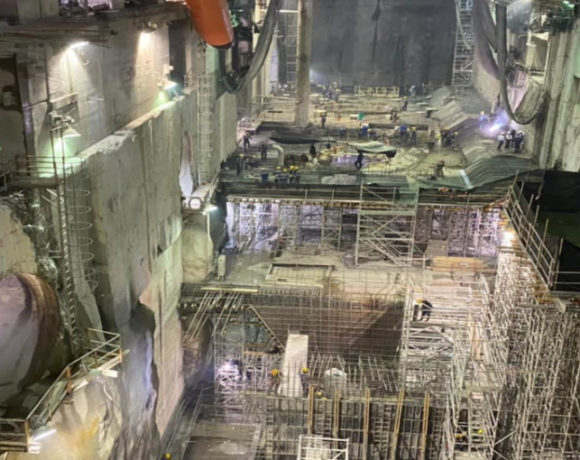Mourning Latest Policeman Murdered by Protesters, Colombia Boosting Police Human-Rights Standards, New Training, Body-Cam Equipment

Colombia President Ivan Duque announced June 8 that the dumped body of Colombian police officer Carlos Andrés Rincón has now been recovered, following his kidnapping, torture and murder by protesters participating in the “Comite del Paro” national strikes and roadblocks.
The policeman had been in the vicinity of an illegal road blockade in Cali, where Colombia’s worst protest violence has taken place over the past five weeks – resulting in several deaths and dozens of injuries, along with rioter destruction and burning of buildings, vehicles, offices, businesses, banks, public transport, ambulances and catastrophic blockage of thousands of critical freight shipments and medical supplies needed in much of the nation.
While the “Comite del Paro” has been demanding the elimination of riot-police – claiming that all police have been recklessly attacking “innocent” protesters and ignoring citizen-vigilante justice – the Colombian government is demanding that rioters mounting illegal blockades, murdering and attacking policemen, burning buildings and vehicles and wrecking public transport infrastructure must be prosecuted.
The government is simultaneously moving to investigate, prosecute and imprison some wayward police officers using excessive force or wrongly shooting some protesters.
To address such abuses, a new, “comprehensive transformation strategy” for Colombia’s national police will be contained in a bill to be delivered to Congress on July 20, according to President Duque.
The bill will include a new “Human Rights Directorate” inside the National Police, a new “Disciplinary Statute” including “restructuring of the General Inspectorate, supervision and control of the police service and a new system for receiving, processing and monitoring complaints and reports,” President Duque said.
The bill also calls for further “professionalization and police development with the launch of a Police Standards Center and a new Police University,” according to Duque.
As under current Colombian and international law, the use of force — even deadly force — by police is legal only in response to life-threatening violence employed by criminals, guerrillas and violent rioters. Peaceful demonstrations are respected and guaranteed under Colombia’s Constitution.
The bill also will include new funding for aerial surveillance systems and other high technologies, including body cameras incorporated into new police uniforms.
“I have given a clear instruction to Defense Minister Diego Molano to prioritize the processing of the new project on police careers and professionalization. I have also given him an instruction so that, on July 20, we present the bill for a new Police Disciplinary Statute, which modernizes the one that has already existed for 15 years,” President Duque announced.
“This also leads us to strengthen the rules on the use of force. The use of force has been regulated by law and by procedures, but [new rules will] strengthen our norms regarding the use, carrying and employment of less-lethal weapons, and include all standards in the fight against riots and acts of vandalism, strengthened by international cooperation,” he added.
“We want more technology, better technology, so that the police service is also open to any type of scrutiny. We hope to accelerate the application of bodycams, body cameras, in citizen security procedures, so that all traceability remains and, in addition, police honor is clearly identified in the more than 30 million procedures” that Colombia’s national police handle annually.
“I have also instructed to strengthen the existing camera services, and also drones, so that we have monitoring, and also have real-time reading of all police procedures, especially those that have to do with facing riots, with facing acts of vandalism,” President Duque added.
















